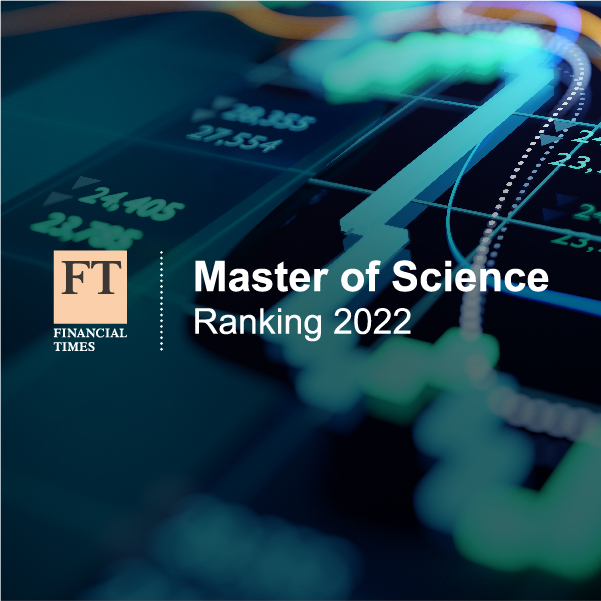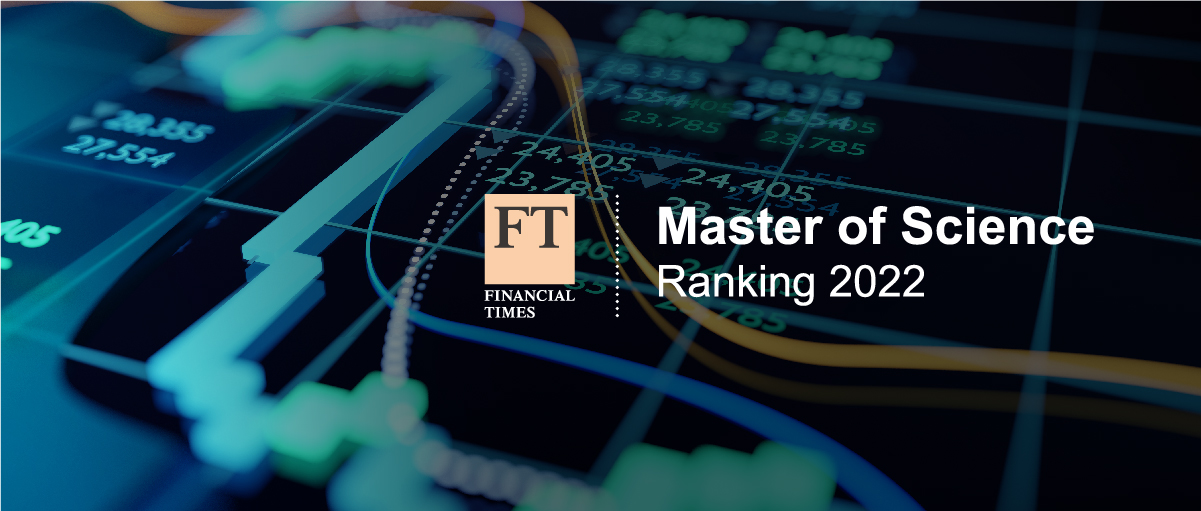
Space and digital technologies combined represent a powerful force enabling cross-sector innovation towards making our world more sustainable. However, technological opportunities are mere fertile ground, which to yield fruit needs managerial and enterprising strategies for the strategic renewal of established organisations and for the creation and growth of innovative startups.
Angelo Cavallo, Assistant Professor in Strategy & Entrepreneurship at School of Management, Politecnico di Milano
Space Economy is a phenomenon at the frontier of innovation and sustainability which materialises in the combination of spatial and digital technologies for developing business opportunities that give many businesses, in different sectors, the possibility to increase their competitiveness on a global scale through innovation on all levels – from product/service, to processes, right down the overall business model.
The economic value generated by the combined use of space and digital technologies was estimated at about 371 billion dollars in 2021 (Satellite Industry Association). However, the value of the Space Economy goes beyond market estimates and stands out for the opportunity to innovate in many fields and at the same time help make our planet more sustainable through the integration of terrestrial and satellite data, at the foundation of new space-based services. Using high resolution global maps of land coverage, climatologists can develop climate models and understand how the climate is evolving on the earth’s surface. Multispectral images and radar, combined with machine learning and deep learning techniques, means it is possible today to create predictive deforestation models. Timely and constant monitoring of forests is essential to the implementation of conservation policies. Another field of application for satellite data is the monitoring of pollution. A now well-known case regards the monitoring of pollution levels during the lockdown period resulting from the Covid-19 pandemic. To date, a large number of these analyses are conducted using data from terrestrial sensors, spread right throughout Europe. Satellite technologies are complementary and useful in areas where there are no terrestrial sensors.
An increasing number of academics include the combination of digital–space technologies among the drivers that can help to achieve the Sustainable Development Goals (SDGs), a tool adopted globally to steer economic and social activities towards the attainment of sustainability goals.
For example, space-based services contribute to the SDG 7 “Affordable and Clean Energy” which sets out to guarantee access to energy for a much vaster pool of users and can be promoted through the remote monitoring systems of plants in places where weather conditions and other natural phenomena can cause major damage to infrastructure and where maintenance can be difficult.
The development of a space economy market and of space-based solutions depends however on the structuring and exploration of new business models, retracing the entire value chain, from which services can be developed for those who create new infrastructures right down to the end-users of those services, making their operations more efficient and/or create new products. Innovating traditional business models and moving towards a platformization, servitization and open innovation model is fundamental to make sure new space-based services have a large-scale economic, environmental and social impact.

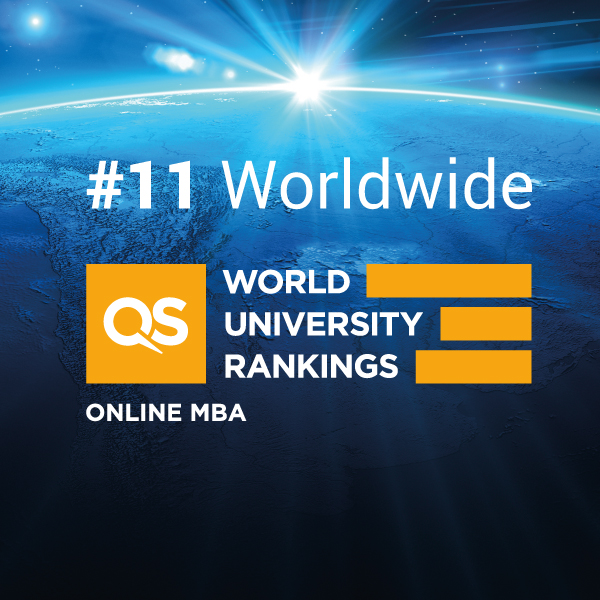

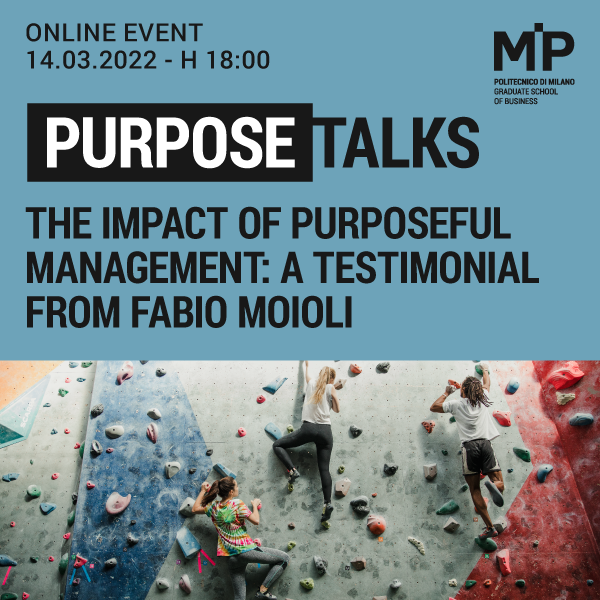
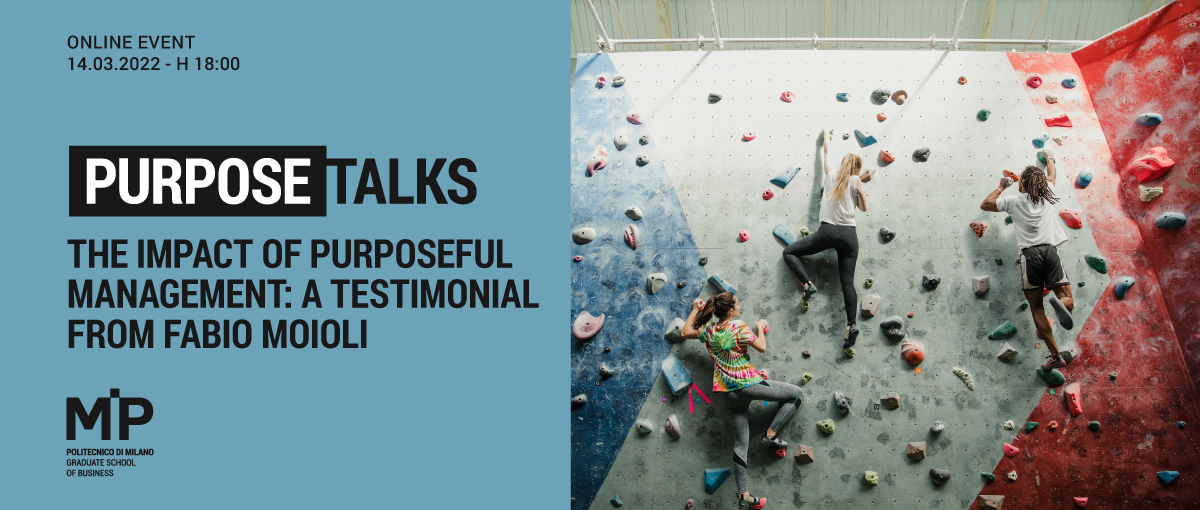
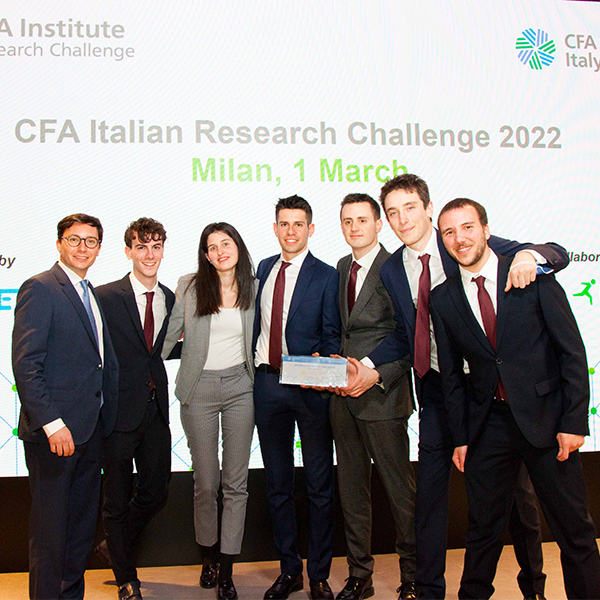
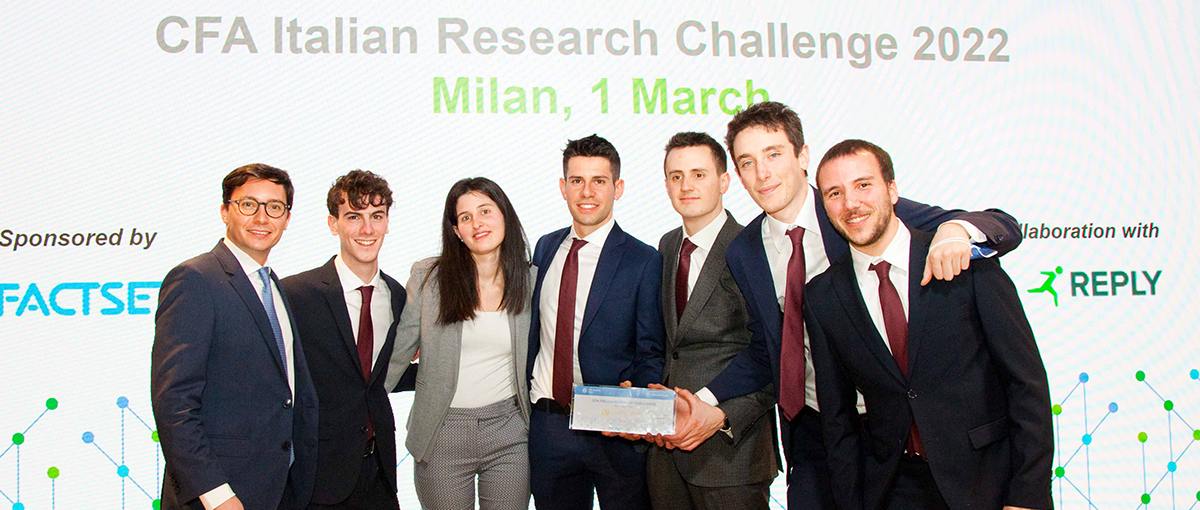


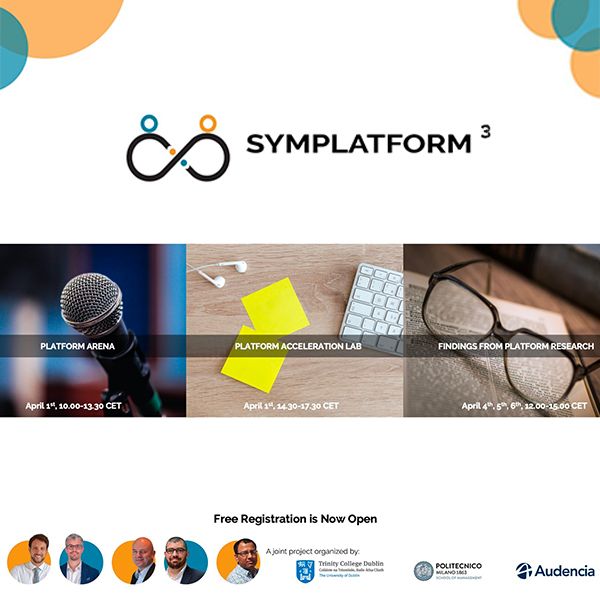
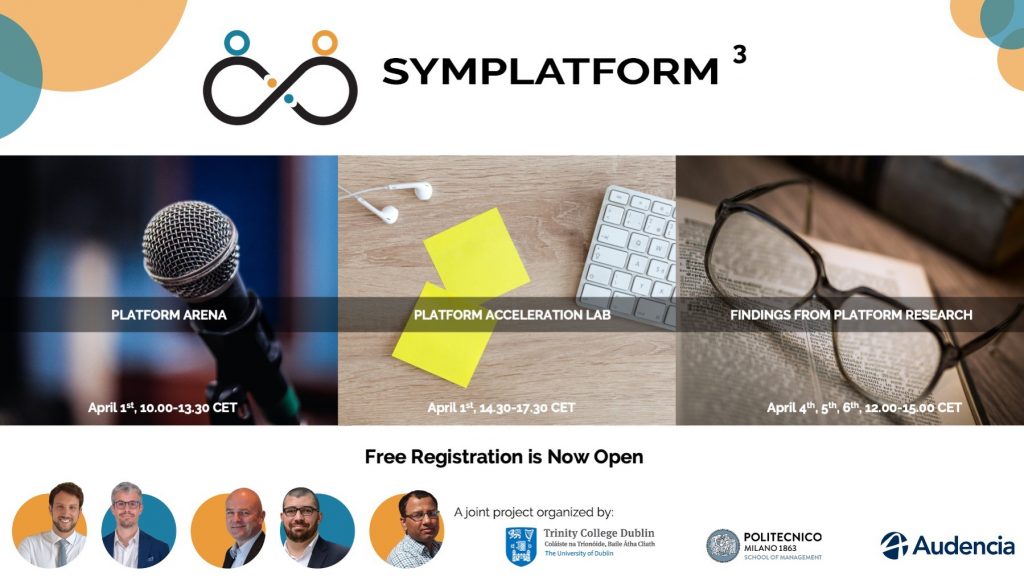



 91st in the world for the International Master in Business Administration at the Milan-based university’s School of Management in the most recent Financial Times Global MBA Ranking. This MBA is second in Europe among business schools linked to technical universities.
91st in the world for the International Master in Business Administration at the Milan-based university’s School of Management in the most recent Financial Times Global MBA Ranking. This MBA is second in Europe among business schools linked to technical universities.

